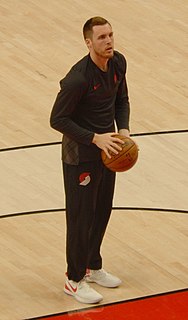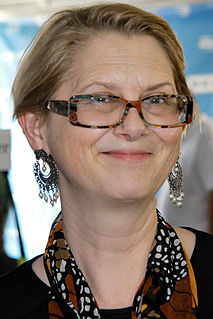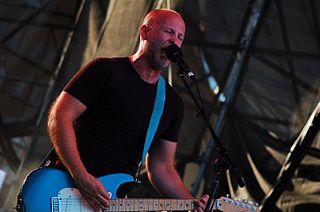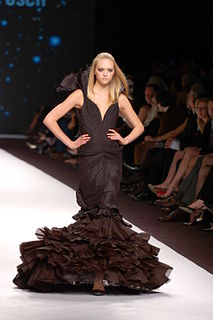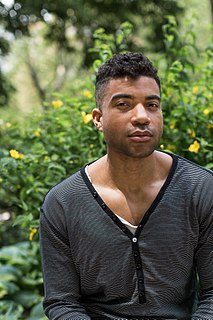A Quote by Michel Gondry
It's very hard to say I'm surrealist. It's like saying I'm poetic. It's not something you want necessarily to be aware of.
Related Quotes
It's obvious to say you can't please everybody and there are always going to be people who are going to say, I just don't like you. There's nothing I can do about that. I'm aware, probably much more aware than my harshest critic, of what my own problems are with my acting ability. I'm very, very critical of myself, and I don't ever want to not be.
You have something to say. Something of your very own. Try to say it. Don't be ashamed of any real thought or feeling you have. Don't undervalue it. Don't let the fear of others prevent you from saying it... You have something to say, something that no one else in the world has said in just your way of saying it.
I want to say that what is cool about writing self-aware first person narrative is that the awareness is not necessarily the same awareness of the reader. I have a story coming out in the Paris Review and it's about a hipster. He think's he's self-aware, he's very introspective and analytical, but when you're reading it you can totally see through his self-analysis because you have a higher awareness than he does. I like playing with that too.
It's very hard, I think, for critics to write positive reviews, because there's not that much to say about something you like. You can kind of say 'I really like that band' and then if you're forced to fill up the rest of an article, you've got to start saying heady things. It's much easier to say negative things in a review.
We all have those times in relationships, whether it's work or personal or family or whatever it is, where there's something that's eating at you and eating at you, and you want to say it to the person that you care about the most, but you're so afraid it's going to destroy everything. Like the fear of destruction keeps one from saying what they want to say - when, in actuality, by not saying it, things get worse. Because it's the entropy, the leak that doesn't get fixed.
You have a right to say no. Most of us have very weak and flaccid 'no' muscles. We feel guilty for saying no. We get ostracized and challenged for saying no, so we forget it's our choice. Your 'no' muscle has to be built up to get to a place where you can say, 'I don't care if that's what you want. I don't want that. No.'
Artists aren't necessarily business people. And they aren't necessarily aware of all the things that go on in their names. Some just want to make some music, but there is a lot of greed
among artists as well. Whether or not we know it, we are all to blame. I think it's time - starting with the artist - to try to be a little more responsible and aware of what goes on in our
name.
Every time I'm in the studio, I always think of my professor in undergrad. He was like, "There are so many artists in the world. If you're going to be an artist, make sure you have something to say. Don't just be an artist and put out bullshit. Have something to say." I guess that would be my philosophy and something I think about all the time. Every day when I'm in the studio I hear him and I see him. I remember him saying it in class. So that's something that I always want to make sure I have: I'm saying something with the work.



